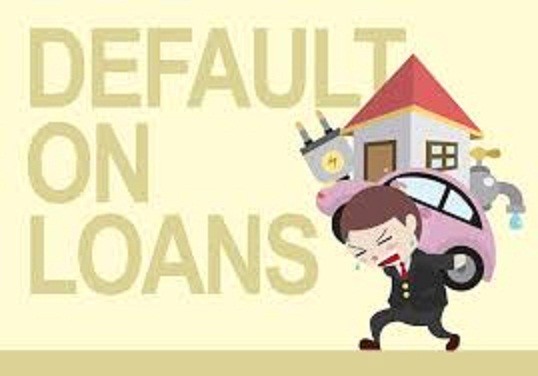In case of Loan Default, Know Your Rights if You Can’t Repay – Due to COVID-19 pandemic,there are mass scale losses of jobs & income. Borrowers are defaulting on their EMI payments. This is to remember that even if a borrower defaults, they do not surrender all rights to the asset or to fair treatment.
Banking institutions have to follow the due process as per the set guidelines and policy on recovery while initiating proceedings to recover their dues. In case of secured loans, the underlying mortgaged assets can be repossessed by the lenders under the Securitization and Reconstruction of Financial Assets and Enforcement of Security Interests (SARFAESI) Act or DRT. However, the suit can’t be done without any prior information and adequate notice.
Loan Default – Borrowers Right to adequate notice
As per the IARC norms of Reserve Bank of India (RBI), the borrower’s account is classified as a non-performing asset (NPA) if the repayment is overdue by 90 days. In such cases, the lender has to first issue a 60-day notice to the defaulter before going to suit the account under SARFAESI. Even after, if the borrower fails to repay within the notice period, the bank can go ahead with sale of assets. However, in order to sell, the bank has to serve another 30-day public notice mentioning details of the sale.
Loan Default – Borrowers Right to fair valuation of assets
If the lenders is going to sell the mortgaged assets, they have to issue a notice specifying the fair value of the asset before selling, along with the reserve price, date and the time of auction. This is calculated by the valuers of the bank. If the borrower feels the value of the asset is undervalued, he can contest the current auction. Borrowers are having option to sell the assets in consultation with the bank in a case he feels the asset is undervalued.
Right to balance proceeds
Banks are bound to refund any excess amount realized after recovering their dues. Ensure that you get this money as it legitimately belongs to you.
Right to humane treatment
The recovery guidelines are different in banks. In public sector banks, the recovery guidelines are softer than the Private sector banks & NBFCs. Many a time banks do engage recovery agents to coerce borrowers to repay their loans.
However, as per the stipulated guidelines the agents cannot cross their code of commitment to customers. These third-parties can contact defaulters either at a place specified by the latter, residence or workplace. Moreover, they can make such visits generally between 7 am and 7 pm. They cannot violate norms of decency and civil behavior during these visits.
In case the agents attempt to intimidate or humiliate the borrowers or their family members, the latter can raise the matter with the banks and finally, the banking ombudsman offices.
Input by ET
Also Read – Canara Bank to MSMEs, Get GECL Loans in 5 Days
